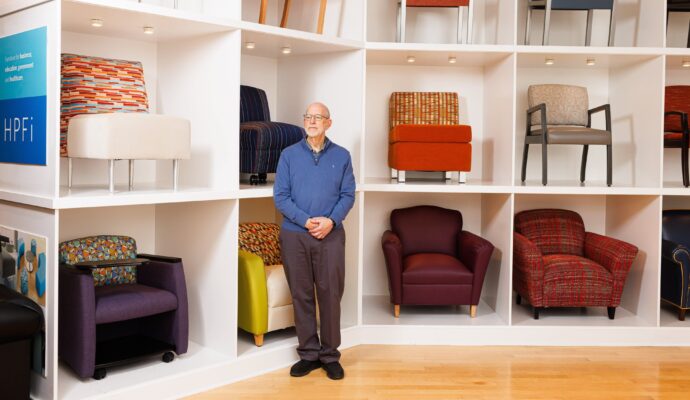Unlock the Editor’s Digest for free
Roula Khalaf, Editor of the FT, selects her favourite stories in this weekly newsletter.
Samsung Electronics expects to post its highest operating profit in three years on the back of high demand for memory chips used in artificial intelligence, after several quarters of tepid growth fuelled concerns it was losing ground to rivals.
The tech conglomerate on Tuesday said operating profit in the quarter ending in September was projected to rise more than 30 per cent compared with a year ago to Won12.1tn ($8.5bn), significantly higher than the Won9.7tn forecast by analysts in a Bloomberg estimate. The company will report full earnings at the end of this month.
Samsung’s shares rose as much as 3 per cent to a record high of Won97,500 on Tuesday after the earnings guidance. The company’s stock has rallied more than 66 per cent in the past six months as a result of the AI boom, helping it to recover from a series of mis-steps, including its failure to pass Nvidia’s stringent qualification tests for the most advanced AI chips.
The South Korean chipmaker this month signed a letter of intent with OpenAI to supply semiconductors for the ChatGPT maker’s $500bn Stargate data centre project.
Samsung accounts for just over a quarter of the global market for high-bandwidth memory products, which are used in AI chips, with SK Hynix and US-based Micron the other leading groups in the sector, according to consultancy TrendForce.
Having lost to SK Hynix as Nvidia’s principal supplier, Samsung’s HBM business was also hit last year by US export restrictions on deliveries of advanced memory chips to China.
But analysts said Samsung was benefiting from a boom in demand from tech companies for customised AI chips that require specialised memory products.
That surge in demand has pushed up prices of dynamic random-access memory chips, which enable short-term data storage when a device is being used — and a segment in which Samsung still leads.
It is also projected to boost Samsung’s sales of lower-value Nand flash memory chips, which allow for long-term storage of data without power.
Samsung’s contract chipmaking business was further buoyed this year by the announcement that it would produce AI chips for Tesla at its new fabrication plant in Texas, raising hopes that it is on course to stem mounting losses as it has steadily lost market share to Taiwanese rival TSMC over the past decade.
Apple also announced in August that Samsung would produce image sensors in Texas for its next generation of the iPhone, marking a reconciliation between the two tech groups following an acrimonious split in the 2010s over patent disputes.


